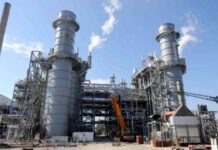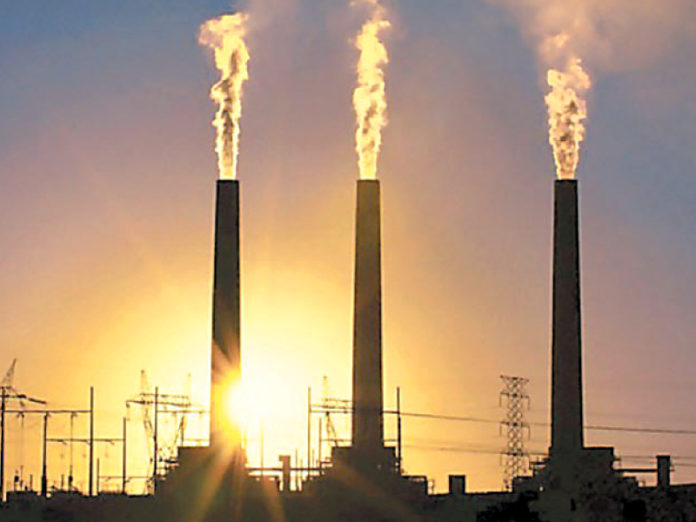ISLAMABAD: The federal cabinet, while approving the supply of Rs25 billion worth subsidised gas to export-oriented industry, has imposed a ban on captive power plants (CPPs) of the industrial units from selling electricity to the national grid, it was learnt on Tuesday.
A copy of official documents available with Pakistan Today disclosed that the federal cabinet, in its meeting held on Dec 6, had approved supply of approximately Rs25.75 billion worth subsidised gas to the export-oriented industry. The cabinet, however, had imposed an embargo on the use of electricity to be generated with this subsidised gas by CPPs of the industrial units.
“The captive power units shall use the electricity for self-consumption only and shall not sell electricity to the national grid. The Power Division shall ensure this through administrative measures,” according to the documents.
It was further revealed that the Petroleum Division had proposed the federal cabinet to grant necessary approval to its summary following the Economic Coordination Committee’s clarification that subsidy would be provided to both zero-rated industry and its captive power units. The ECC had also said that the subsidy would be disbursed on a monthly basis on the actually verified billing provided by Sui Northern Gas Pipeline Limited to the Petroleum Division.
As per the procedure of disbursement of subsidy, SNGPL would invoice the zero-rated industry at notified prices and upon the receipt of subsidy, effective from 16th Oct, the subsequent invoices to industry would be adjusted at the ECC-approved weighted average price of $6.5 per mmbtu.
Accordingly, based on actual consumption of RLNG/gas, SNGPL would submit claims, duly signed by the SNGPL CFO and verified by the petroleum secretary, to the Finance Division. The Finance Division would disburse the subsidy directly to SNGPL, which would then credit the actual amount of subsidy received by the zero-rated industry through immediate adjustment in the subsequent gas bills.
It is relevant to mention that the ECC, while considering a summary on ‘Natural Gas Sale Pricing’ in its meeting on September 17, directed that the gas supply to the industrial sector (exporters of five zero-rated sectors) in Punjab would be revised from 28:72 to 50:50 for domestic gas and RLNG respectively.
The weighted average gas tariff of such consumers shall be $6.5 per mmbtu. Gas price of similar consumers of SSGC and those of SNGPL in Khyber Pakhtunkhwa would remain unchanged. The priority of allocation of system gas would be revised to bring the five zero-rated sectors at second priority along with the power sector.
Likewise, 100 per cent RLNG shall be provided to zero-rated industry for three months i-e December to February. And, a blend of system gas and RLNG of 50:50 shall be provided to zero-rated industry for a period of nine months i-e March- November.
It was also learnt that the Petroleum Division had not circulated its summary seeking approval of the federal cabinet for the supply of gas/RLNG to zero-rate industry at subsidized rates. The ministries were instead asked to give their input on the summary during the cabinet meeting. However, the federal cabinet had now directed to all ministries/divisions that no summary, without prior circulation, shall be placed before the cabinet without seeking a formal approval from the prime minister.
Sources privy to the development informed Pakistan Today that PM Imran Khan had expressed his displeasure for not following the rules of business regarding the circulation of summaries among the concerned ministries prior to placing them before federal cabinet and seeking formal approval of the premier.























